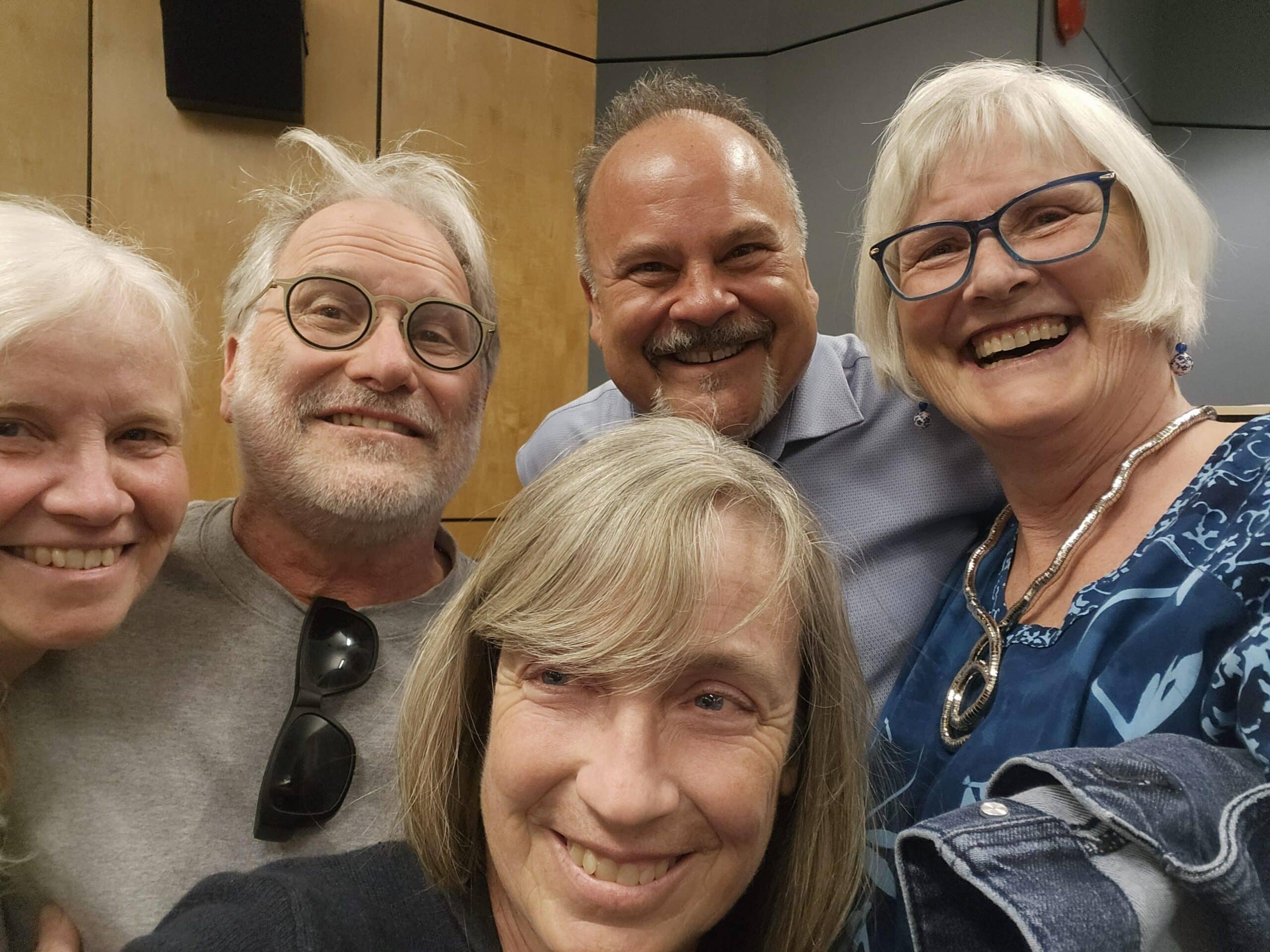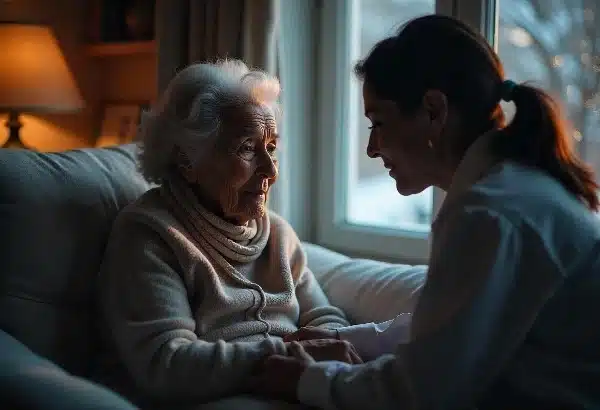 Some dying people do not want to talk about their dying. Sometimes it is the family that does not want to talk about dying. Elizabeth Causton, Social Worker and retired counsellor with Victoria Hospice has suggestions for how you can help family members to clarify their needs and to help them to ensure that they will not regret their desire to avoid discussing death.
Some dying people do not want to talk about their dying. Sometimes it is the family that does not want to talk about dying. Elizabeth Causton, Social Worker and retired counsellor with Victoria Hospice has suggestions for how you can help family members to clarify their needs and to help them to ensure that they will not regret their desire to avoid discussing death.
First, Elizabeth suggests opening the door, possibly by saying something like:
I know you’ve said that you don’t want to talk about death and dying at this point in your wife’s illness, but I need to know if there any circumstances under which you would want to have that discussion?
Or
Would you be doing anything differently right now if you knew that your wife’s condition was changing faster than you thought it was?
The answer to the first question might be,
Well yes, if my wife was imminently dying then I would have to have that conversation with somebody.
To which you might reply,
So if it appeared that you wife was dying, you would want us to talk to you about that.
This opens the door to a difficult conversation in a respectful way.
The answer to the second question might be,
Well yes, I would be calling my sons and telling them to come home.
Again, this is an opening that allows the husband in this case to make a very important decision, rather than lamenting after his wife’s death, “If I had only known….”
Elizabeth will be exploring other ways to make difficult conversations easier in the online course “Compassionate Communications in Palliative Care” starting in a few weeks. If this interests you, then read more about hospice palliative care education options with Life and Death Matters.








